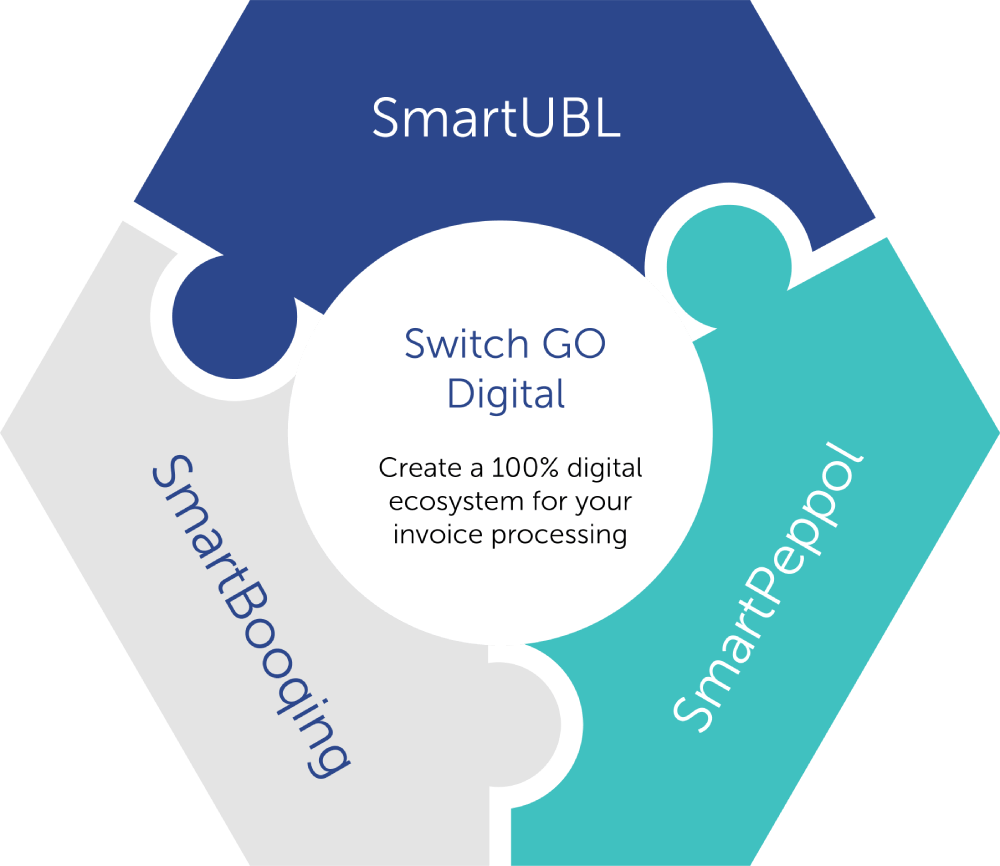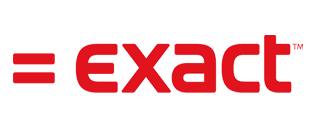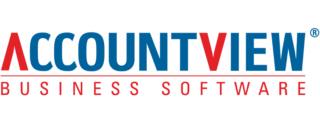SMARTBOOQING is a game-changer in the world of Accounts Payable that embraces the Future of Accounting with Intelligent Automation.

Digitalization of Invoice Processing, & Accounts Payable is Our End Goal

Enhanced Quality and Accuracy
Ensure consistency, accuracy, and uniformity throughout the process.

Significant Time and Cost Savings
Experience efficiency gains and cost reduction with automation.

Real-Time
InsightsAccess all information instantly with real-time visibility.

Modular and Easy Implementation
Implement the solution effortlessly, adapting to your specific needs.

SaaS
SolutionPlug & Play, ERP or accounting system independent for seamless integration.
Overview of Features
Regarding Document
Extraction and
Processing
Other Accounting Platform
- Basic OCR
- Basic dimensions
- Basic checks
SmartBooqing
- Basic OCR
- Always 100% digital conversion
- Advanced Accounting: Line-level processing
- Advanced Accounting: Book discounts, credits, investment
- Advanced dimensions
- Line-level based
- Keyword based rules
- Advanced checks
- Smart templates for uniform processing
- Plug & play start with automatic configuration
- Automated generated monthly improvement reports
What’s
More?
Automated Authorisation Workflows
Automatically Generated Improvement Reports
But that’s not it!

Smart UBL
Know more →
SmartPeppol
Certified Peppol Access
Know more →
Are you looking for a One Stop Solution that converts your organisation into a digital eco-system for both incoming and outgoing invoices?
Our SWITCH GO DIGITAL Program Has You Covered!

What will SmartBooqing bring to your organization?
Select which firm are you from.
Accounting Firms
- Digitalise and book invoices with ~100% accuracy
- Tremendous time and cost savings through AI powered Accounts Payable and optimized operations
- Account, project codes and article level reading automatically on invoices
Corporates
- End-to-end management of your invoices and accounts payable
- 3x ROI with cutting edge AI based accounting solutions
- Outsource invoicing to experts, focus on core activities
IT Consultants
- Whitelabel our cutting edge solutions to your clients
- 3x ROI with cutting edge AI based accounting solutions
- Gain commission, a new revenue stream with little to no investment
Partners
- We give the technology, you the market
- Gain commission, a new revenue stream with little to no investment
- Become a reseller, whitelabel partnership possible
Thought Leadership
Explore how the latest technological innovations are redefining businesses.
From Hours to Minutes: How AI Is Transforming Invoice Management
BlogFrom Hours to Minutes: How AI Is Transforming Invoice Management Share Table of Contents Overview The Hidden Cost of Doing Things the Old Way The AI Upgrade Here's what...
How Does Purchase Order Matching Improve Financial Reporting
BlogHow Does Purchase Order Matching Improve Financial Reporting and Cash Flow Management? Share Table of Contents Overview What is Purchase Order Matching? How Does Purchase...
SmartBooqing Achieves ‘Built for NetSuite’ Status
Press Release SmartBooqing Achieves ‘Built for NetSuite’ StatusHENGELO, OVERIJSSEL, NETHERLANDS, April 28, 2025, – New SuiteApp for accounts payable automation meets Oracle NetSuite SuiteCloud...



















